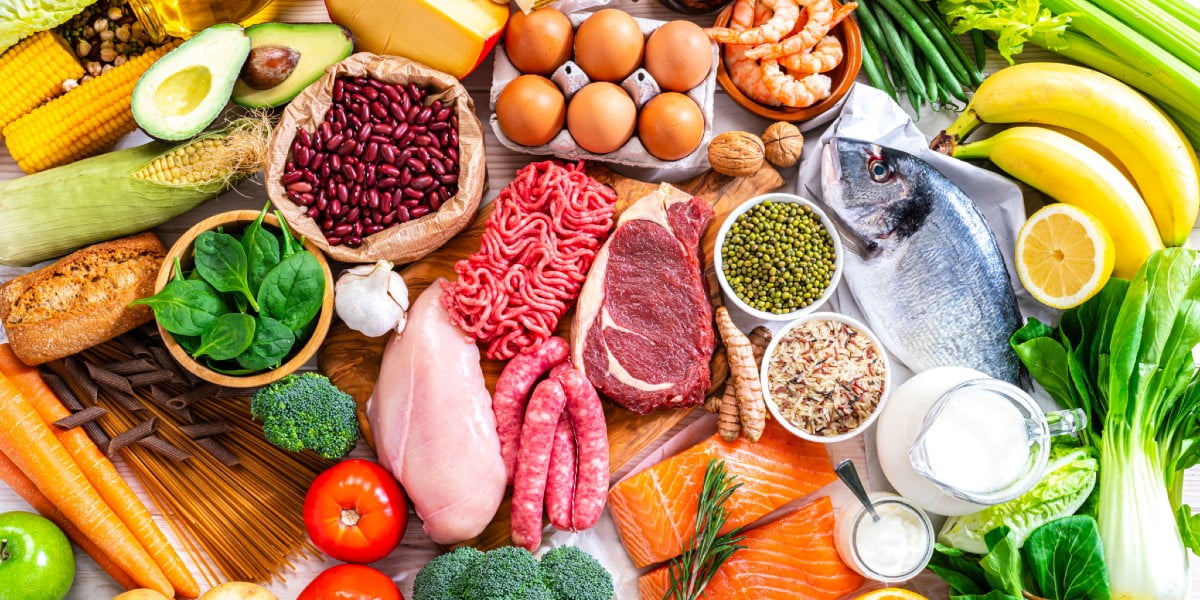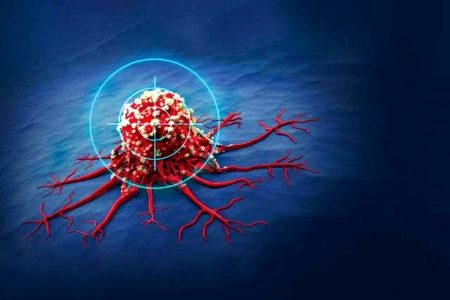Healthy Tips to Boost Your Iron Intake
Whether through food or supplements, there are healthy ways to get more iron in your diet without relying on red meat.
• Iron deficiency is linked to poorer brain health, heart failure, and other health concerns.
• A new study shows nearly 1 in 3 adults in the United States are deficient in this important nutrient.
• The scientists found that the majority of people with iron deficiency are not taking iron supplements.
Screening for iron deficiency is not routine, which makes it difficult to understand its prevalence. A new study, including data from more than 8,000 adults, brings us closer to an answer.
The researchers show that iron deficiency is more common than expected, affecting 29% of adults.
While iron replacement therapies like iron supplements are generally effective and readily available, well over half of individuals with iron deficiency are not receiving treatment. Only 22–۳۵% of women and 12–۱۸% of men with iron deficiency took iron supplements, the study revealed.
Why is iron so important for health?
Iron is an essential nutrient that plays a wide range of roles in the human body. Perhaps most famously, it is an important component of hemoglobin, which carries oxygen in the blood.
It is also important for a range of metabolic processesTrusted Source, including DNA synthesis and energy production.
A common condition caused by low iron stores is iron deficiency anemia, but inadequate iron is also associated with a range of other health conditions.
For instance, according to the authors of the new study, iron deficiency is also linked to:
• restless leg syndrome
• decreased physical ability
• impaired brain function
• heart failure
• increased risk of death
Experts considerTrusted Source iron deficiency to be a leading contributor to the global disease burden.
Iron deficiency: Signs and risk factors
People who are low in iron may experience signs and symptoms, such as:
• a pale complexion
• fatigue
• trouble breathing, especially after exercise
• weakness
• rapid heartbeat
• headache
• a sore or smooth tongue
• hair loss or brittle nails
As the new research has shown, iron deficiency is very common, but some people have an increased risk. Risk factors of iron deficiency may include:
• menstruation
• pregnancy and breastfeeding
• surgery or trauma
• gastrointestinal diseases (i.e., celiac disease)
• peptic ulcer disease
• veganism and vegetarianism
While adequate iron is vital for good health, too much iron can cause problems. So, anyone who believes they may have iron deficiency should consult their doctor before starting supplements.
“Excessive iron intake can cause gastrointestinal side effects, or even iron overload, which is called hemochromatosis,” explained Yaa Boakye, a registered dietitian nutritionist and nutrition consultant, who was not involved in the study.
How to get more iron in your diet
Although iron deficiency is widespread, iron-rich foods can help boost iron levels.
The most well-known source of iron is red meat. Iron from animal sources is called heme iron, whereas iron from plants is referred to as non-heme iron. Of the two, heme iron is much easier for the body to absorb.
However, too much heme iron may be linkedTrusted Source to an increased risk of type 2 diabetes, and red meat consumption — in excess — is also linked to increased disease risk.
Boakye explained that consuming large amounts of red meat regularly — especially processed meats — is also associated with an increased risk of heart disease, colon cancer, and more.
Adrian Hernandez, a certified gastrointestinal dietitian nutritionist and owner of AEH Nutrition, not involved in the study, explained that heme iron — the form most easy to absorb — is available in foods other than red meat, including:
• poultry
• fish
• eggs
As for plant-based sources, “Non-heme iron foods include whole grains, dark leafy greens, tofu, nuts and seeds,” he told Healthline.
Avery Zenker, a registered dietitian, suggested some more non-heme iron sources:
• lentils
• peas
• soybeans
• tempeh
• beans
• dried fruits (i.e., figs, dates, and prunes)
• tomato paste
• artichokes
• potatoes
• blackstrap molasses
• cocoa powder
• dark chocolate





ارسال دیدگاه
مجموع دیدگاهها : 0در انتظار بررسی : 0انتشار یافته : ۰